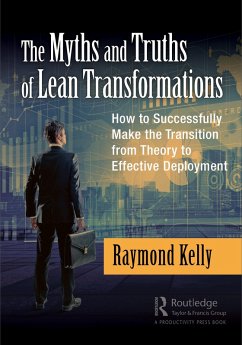If you do what you've always done, you'll get what you've always got, and if it's not good enough, you need to do something else. As project complexity increases, so too does the need to do new things. The existing Project Management tools - examples being Earned Value Management, PRINCE2, Lifecycle Management, PMBOK® - are incredibly useful; but they were designed for linear project development in a stable, understood environment. We term them 'First Order'. Second Order Project Management (PM) goes beyond, addressing the issues of a complex, unstable, uncertain environment with all its associated difficulties. Second Order PM has to address four major issues: the conspiracy of optimism, inappropriate contracting models, the application of methods and tools capable of dealing with complexity, and the need for creative, inspirational, adhocratic leadership. These problems are compounded by the need to convince executive sponsors from different disciplines to invest in the necessary process improvement - this book is designed to help alleviate the frustration that every member of the profession has experienced when trying to gain such approval. Illustrated by interviews with an international group of very senior managers responsible for managing highly complex projects, Michael Cavanagh explains why there is nothing magical, or even complicated, about Second Order PM. The techniques discussed include aspects of System Thinking, Experiential Learning and its application, Ethics and Governance, Stakeholder Relationships, Appropriate Contracting Models, Outcome-driven Management and Leadership Behaviour, all recognised as increasingly necessary in direct proportion to the complexity of the project at hand.
Dieser Download kann aus rechtlichen Gründen nur mit Rechnungsadresse in A, B, BG, CY, CZ, D, DK, EW, E, FIN, F, GR, HR, H, IRL, I, LT, L, LR, M, NL, PL, P, R, S, SLO, SK ausgeliefert werden.









